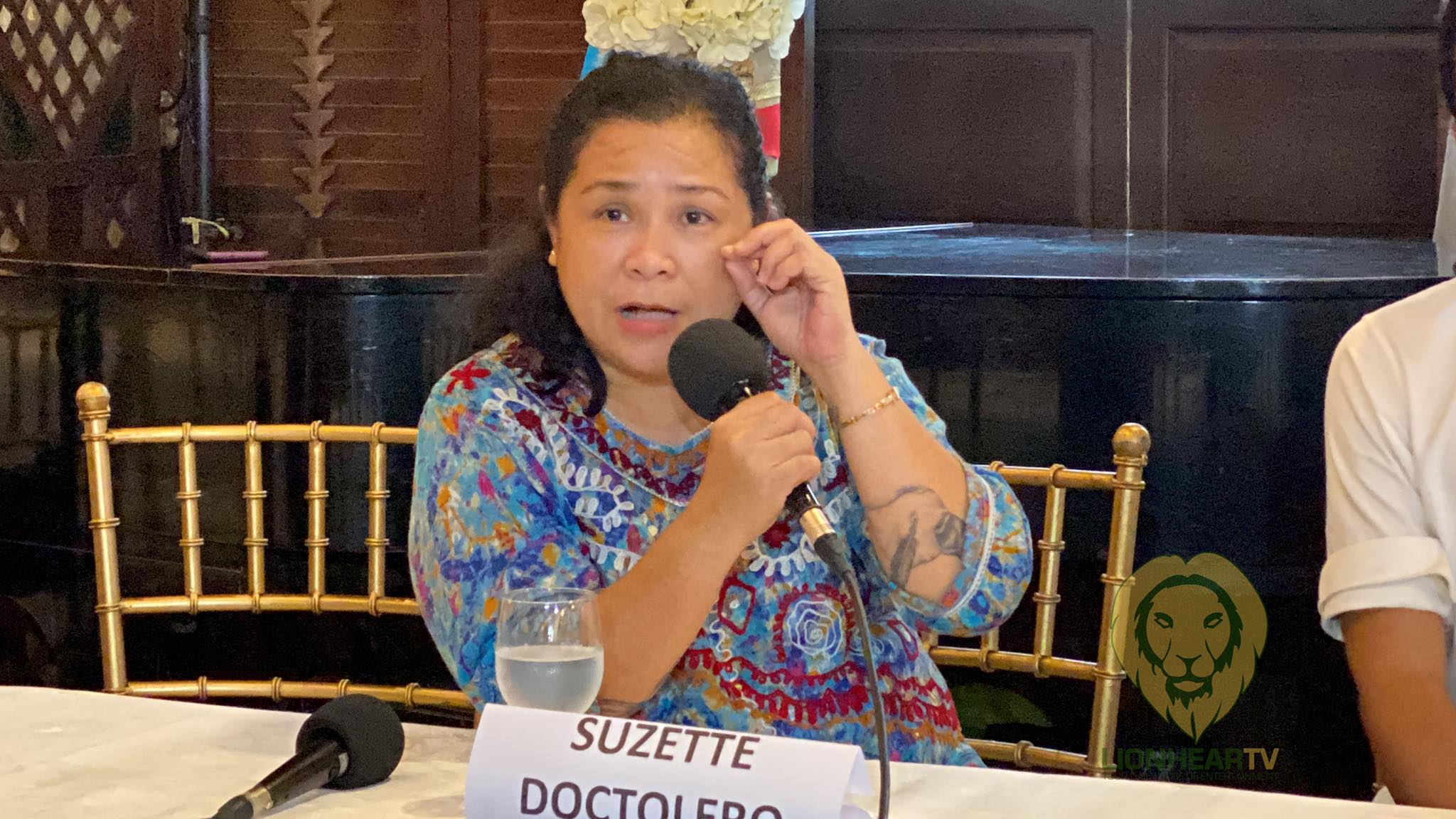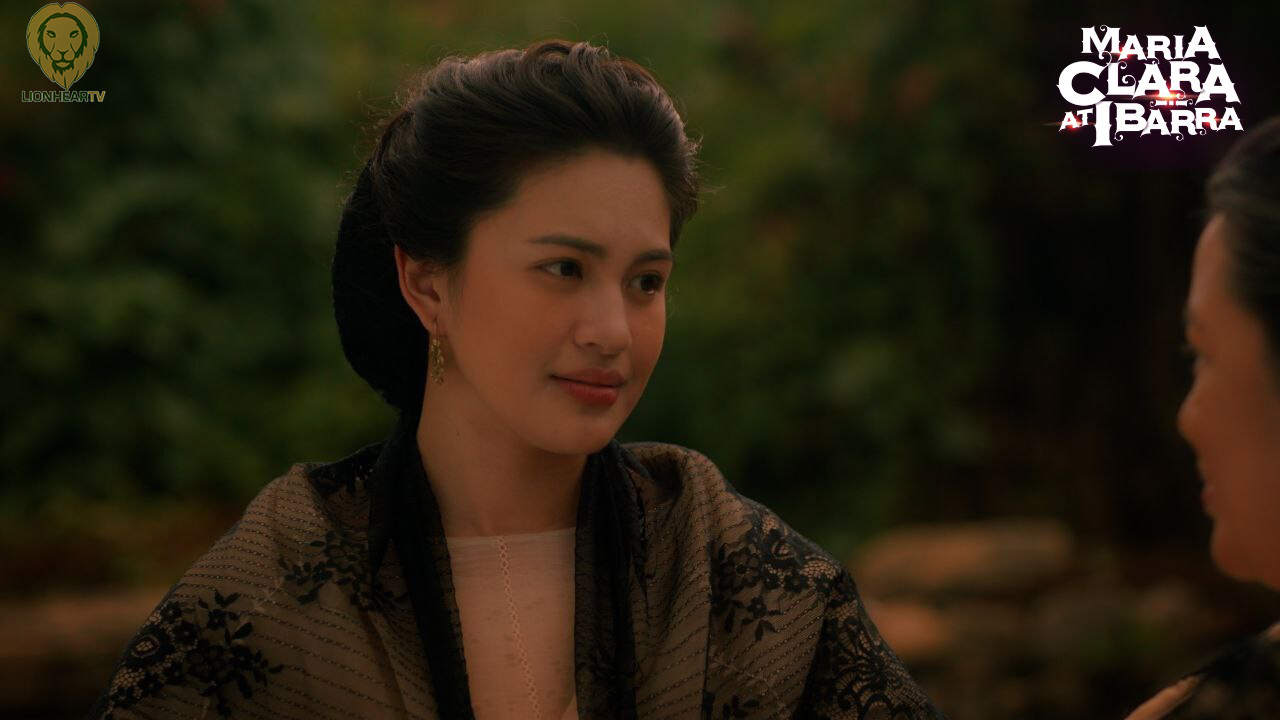The response of the award-winning writer was to address allegations that the show Maria Clara at Ibarra desecrated the character of Maria Clara.

Kapuso head writer, Doctolero, addressed the issues surrounding the interpretation of her show, Maria Clara at Ibarra, of the leading female protagonist in Dr. Jose Rizal’s two novels. The events in Rizal’s Noli Me Tangere and El Filibusterismo are the basis of Kapuso historical portal-fantasy drama. It is now down to its last two weeks on air and has already transitioned to the events of the sophomore book.

While casual viewers seemed to enjoy Maria Clara at Ibarra’s versions of Rizal’s original characters, some have voiced their thoughts over how the show allegedly desecrated the images Rizal created for his characters.
Among those characters is Maria Clara. It has received the most comments, with some arguing how the show portrayed the character contrary to Rizal’s vision.

“Inaaway kasi ako ng mga guro na ito na iniba daw namin si Maria (Clara). Si Maria na isinilang na mayaman at spoiled. Nasa libro mismo, nasa limitadong chapters yet malinaw, na capable si Maria na mag-decide para sa asarili kahit na namuhay sa panahong lalaki ang nagdedecide para sa babae,” Doctolero tweeted.
It was her response to an accusation launched at her that she changed Maria Clara’s image. The Kapuso writer argued that even the book suggested how capable Maria Clara is. She can decide for herself amid living in a time where men prevail over and decide for women.
She also responded to a netizen who got worried that students may get confused about the “real” image of Maria Clara as a character, given how different the interpretation of the TV show is, from how Rizal depicted her in the books.

“Wag n’yong problemahin ang mga bata. I hope maging open sila, imaginative at hindi sarado. Kung tiawala kayo sa itinuro niyo, anong takot n’yo,?” the Kapuso writer argued.
A netizen seemingly agreed to Doctolero’s insinuation that Maria Clara’s character can be given new layers, and thus interpretation, based on how Rizal, himself, provided details on what the character could do.
“Uy totoo naman ito, gandang subject for classroom discussion nga nyan kapag may na-open na ibang angles bukod sa conventional knowledge,” said Siktorapista, adding, “Students can express their perspectives. Agree and disagree. Mas magiging malaman at interactive ang discussion if they are more invested.”

“…wala namang sinabi si Rizal kung paano ang rules of interpretation, ” he added via a separate response. “Besides, more literature than history naman ang Noli. It needs to be taught with some sort of freedom and creativity.”

Currently, the number one primetime drama in the country, Maria Clara at Ibarra’s being able to generate such a critical discussion, should not come at all, surprising.
Shows based upon popular source materials have always been the subjects of scrutiny, especially by canon fans who revere established interpretations.
Maria Clara at Ibarra bids adieu on air on February 17, maintaining its place as the most-watched show on its timeslot, from pilot to finale.


